One day, Sérgio Bruno woke up and decided he had to change his life. He sold his car, bought three plane tickets with the money raised and left his Venezuela, leaving his whole life behind. “I felt that there was no future for my 9-year-old son,” he says bitterly. He was in Madeira, without a job, and now he is one of the five Portuguese descendants who will start working in a hotel, in Albufeira, to try to start a new life, far from the political upheaval.
Venezuela has been iron and fire. On the one hand, Nicolás Maduro, the country's president, re-elected in May last year, in elections contested by the opposition. On the other, Juan Guaidó, the main face of the protest and self-proclaimed president of Venezuela.
The situation has been the order of the day and this impasse is just one of the many reasons that have driven thousands of Venezuelans to leave the country. Sérgio Bruno, Samuel de Freitas, Pedro Gomez, Zita Gomes and Elidia Aleixo are five of them.
Some are married to Portuguese, others were born in Portugal, but emigrated early to Venezuela. They all have connections with Madeira, the island where they were before the AP Hotels & Resorts group initiative that brought them to the Algarve.
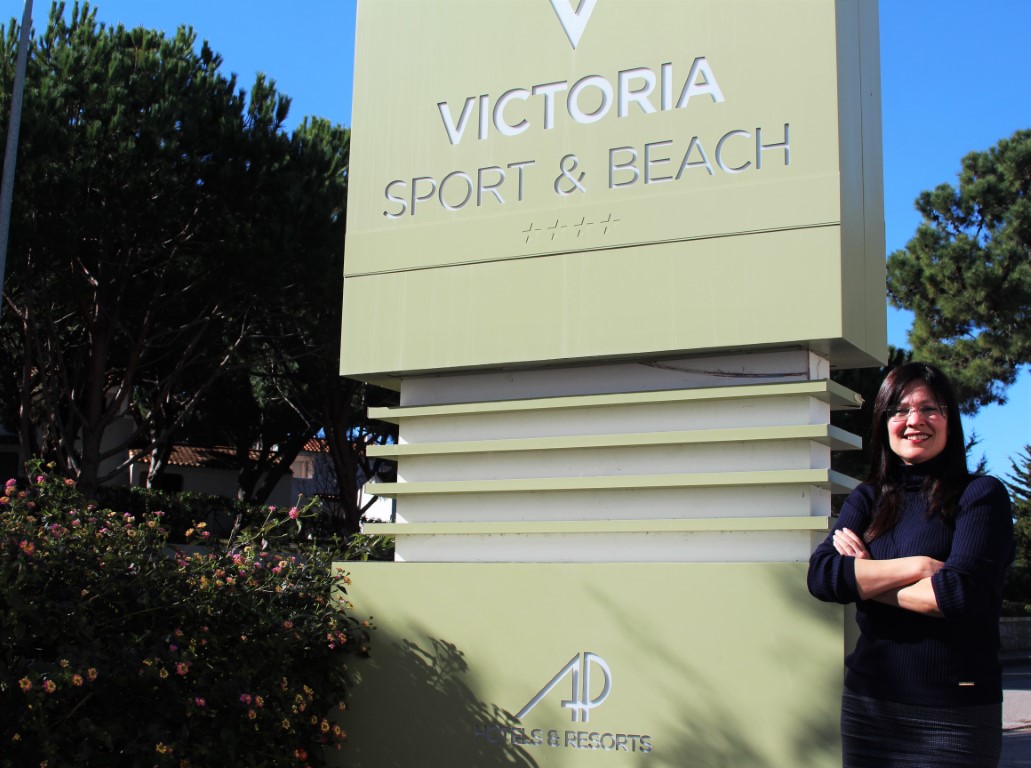
«The idea came from our president António Parente and I immediately accepted it with great joy. I have also had people in my family who have lived in Venezuela and this is personally very exciting. It's time to help these people,” says Mar Bayo, executive director of the AP Hotels & Resorts group, to Sul Informação.
It was in Madeira that Mar Bayo met each of the five Portuguese descendants. «We went to Madeira, having already established contacts with the Institute for Employment and Professional Training (IEFP) and participated in days with Portuguese descendants of Venezuela, where we learned about the personal stories of each one. Direct contact was very important because we went there to meet people and we really embraced the issue», he explains.
The five Portuguese descendants arrived in the Algarve just over a month ago and are now attending training in Portuguese.
«Then they will do other, more specific training, such as customer service, English and Excel, to start working with us. We have ensured all conditions, accommodation, meals, everything. There are mutual gains in this initiative. We made up for the lack of personnel and integrated people who were in such a difficult situation”, explains Mar Bayo.
Sérgio, Samuel, Pedro, Zita and Elidia were unemployed before this opportunity, which everyone sees as if it were a second life. The five emphasize "the excellent treatment" they have received. Away from their family, which they left in Madeira or Venezuela, they support each other.
«The experience is being positive, with the Portuguese lessons. I had lived in Madeira for a year and already knew something of the language, as I am also married to a Portuguese woman», tells Sérgio Bruno, to Sul Informação, during one of the training breaks.
“I left a comfortable life in Venezuela. It was tough, yes, but it was worth it, because here we are safer and more relaxed. There, it was just delinquency. Here we found peace», he adds.
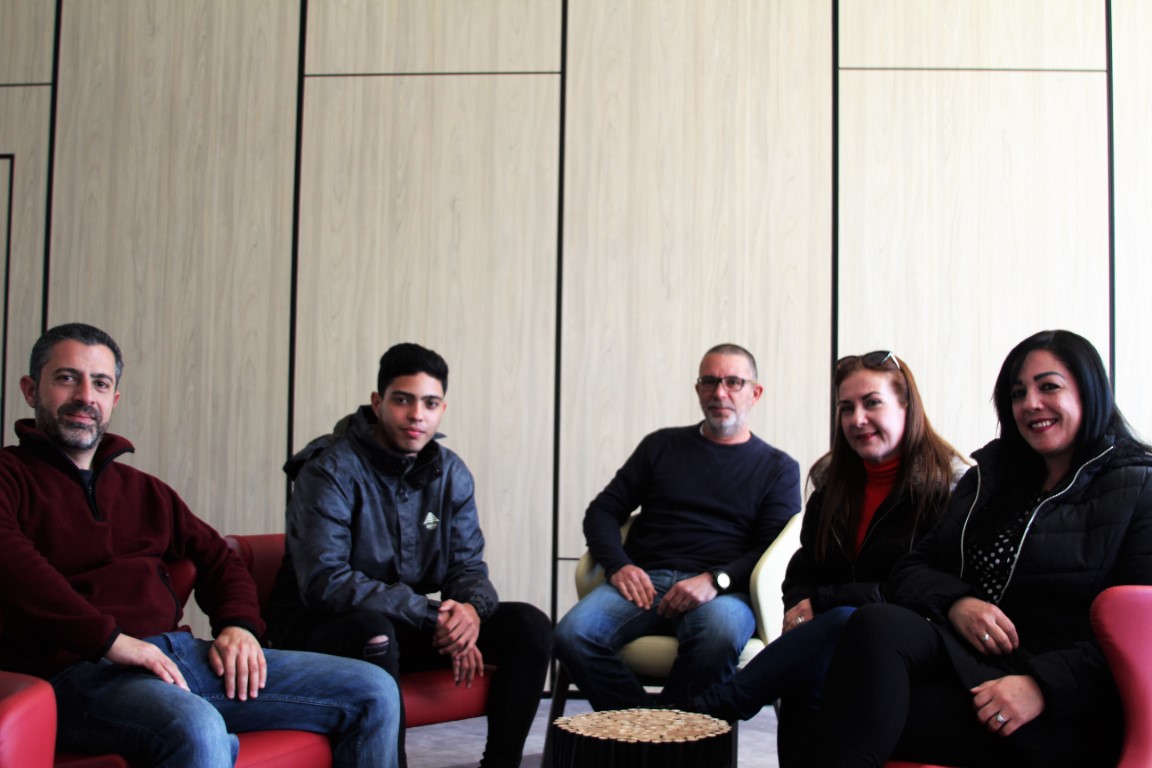
Pedro Gomez listens attentively to the words of his colleague Sérgio. It was also insecurity that led him to leave Venezuela and he remembers it bitterly. “My children, aged 15 and 13, were of the age to go out, to have friends, and it was all very dangerous. There was no food, no health care».
In Pedro's opinion, the political situation in Venezuela is "increasingly worse." Many of those affected are young people and teenagers who don't see a bright future, like Samuel. At the age of 18, he reveals that, in the South American country, "there is a whole generation that thinks like that".
“We don't see the future. If the situation doesn't improve, I won't come back. I was with my father in Venezuela, he stayed there, and now I'm here alone», he tells the story of Sul Informação. "Alone?" asks Pedro, astonished. “You are with us – you are our child!” he adds, to everyone's laughter.
Zita's story isn't easy either. She was born in Madeira, the daughter of Portuguese, but soon emigrated to Venezuela. «I had a restaurant, with Venezuelan and Portuguese food, but I was forced to close it down. There was a lot of insecurity», he says. “Getting there and starting from scratch is very difficult”, she adds, visibly moved.
The five Portuguese descendants are unanimous: Venezuela “is a dictatorship”. "Now it's worse than it was in Chávez's time, when the situation was no longer good, but lately everything has become terrible," exemplifies Pedro Gomez.
Therefore, this opportunity to start a new life, with a new job in the Algarve, becomes even more important. Paulo Gonçalves, trainer at the Institute of Employment and Vocational Training, a partner in this initiative of the AP Hotels & Resorts group, does not hesitate to point out that everyone «faces this change with enthusiasm».
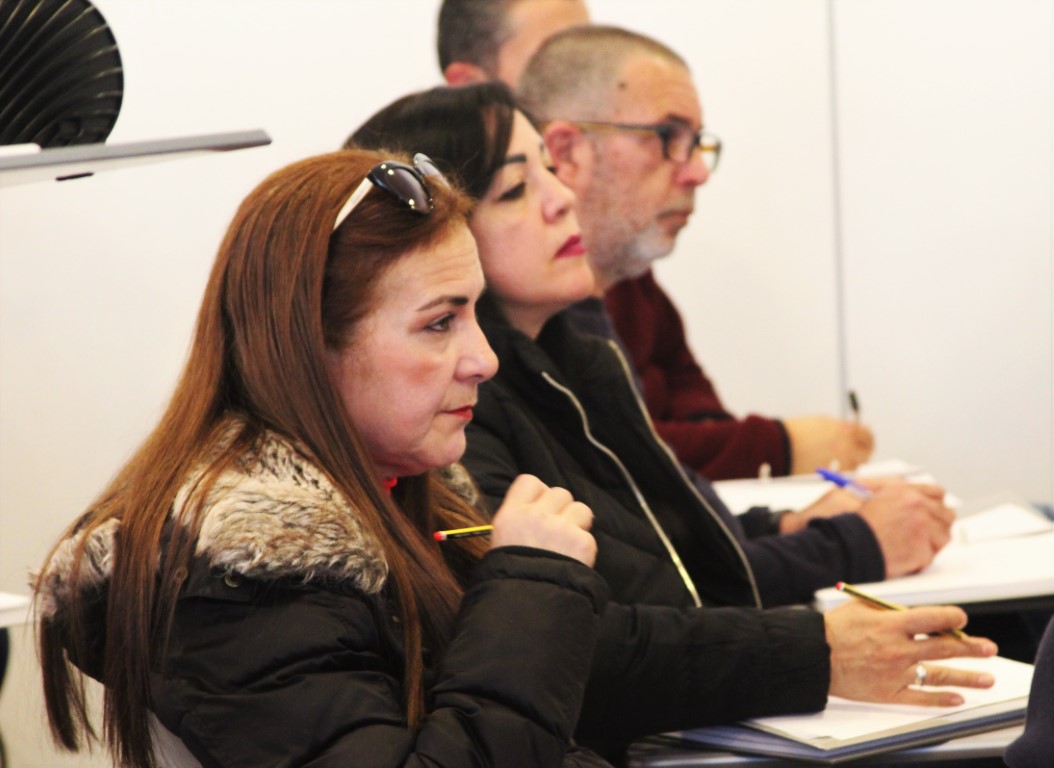
“Their performance has been very good. I have asked them to write texts, to learn Portuguese expressions. They are at a higher level than other colleagues, such as Nepalese, Indians, Pakistanis, who are also attending this training, but they are not related to the initiative of the hotel group», he explains.
The future is still uncertain for all these Portuguese descendants who try a new life, thousands of kilometers from their homes. «We still haven't had much time to get to know the rest of the Algarve», regrets Sérgio Bruno. But this Venezuelan, married to a Portuguese woman, is already thinking about bringing "the whole family" to the region.
Peter has the same goal. “Here I feel there are more opportunities,” he says.
Samuel, Zita and Elidia are still not sure, but the five Portuguese descendants are truly determined to forget the hardships of the past in a country that is experiencing a deep crisis.
Photos: Pedro Lemos | Sul Informação
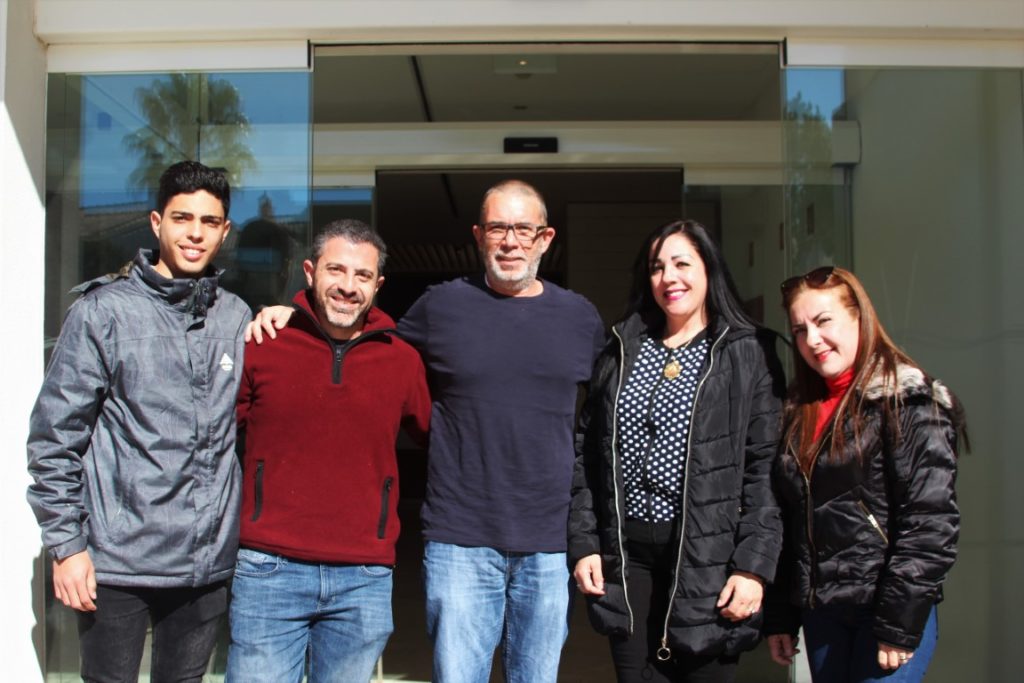
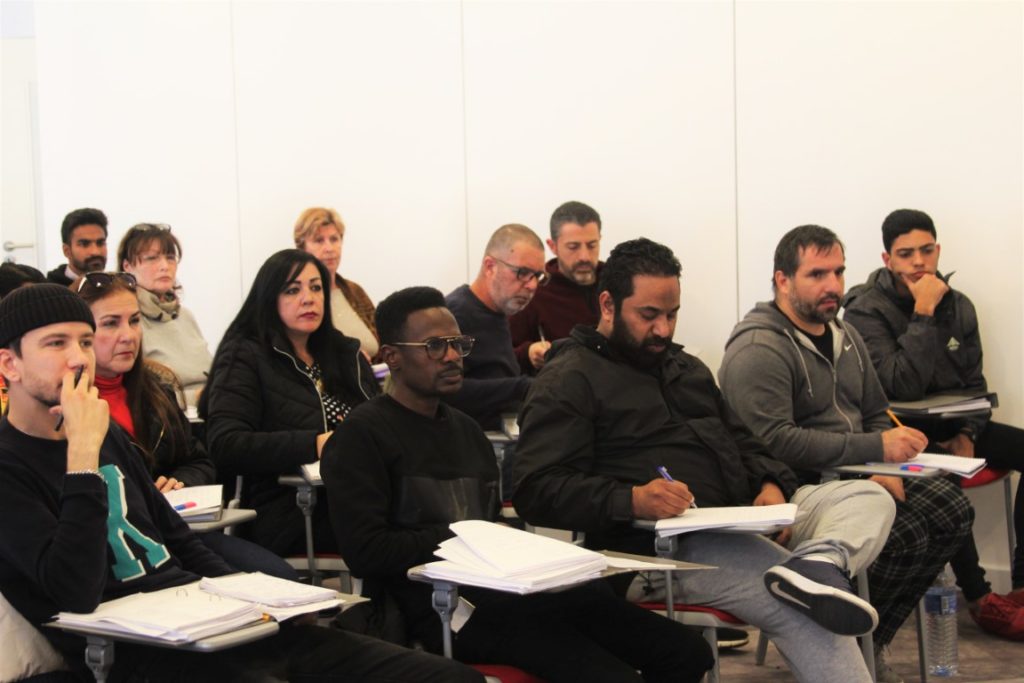
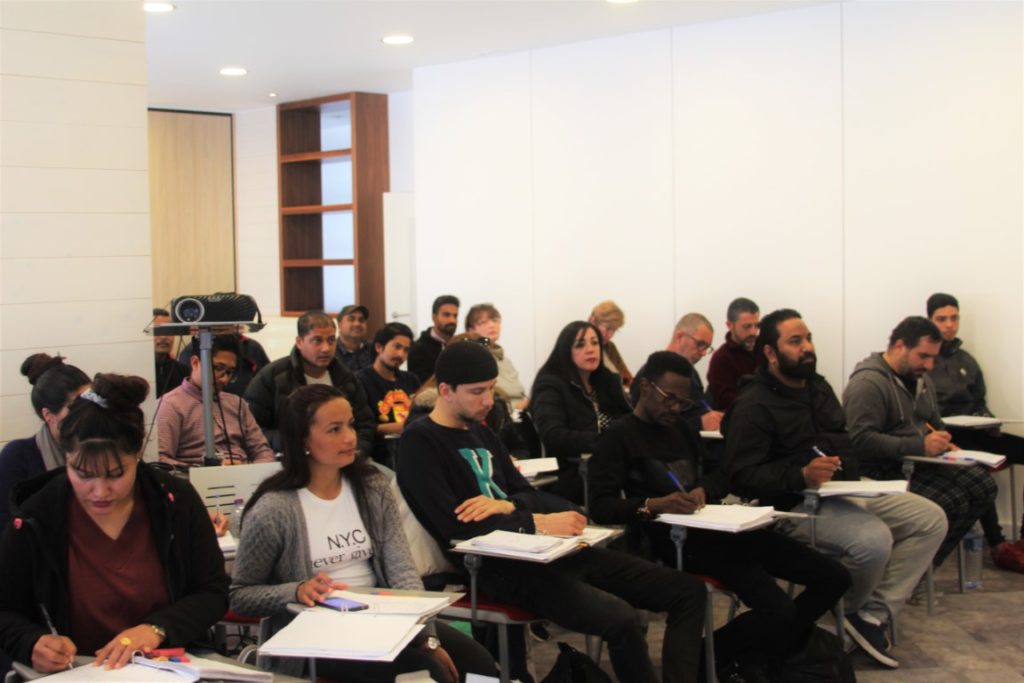
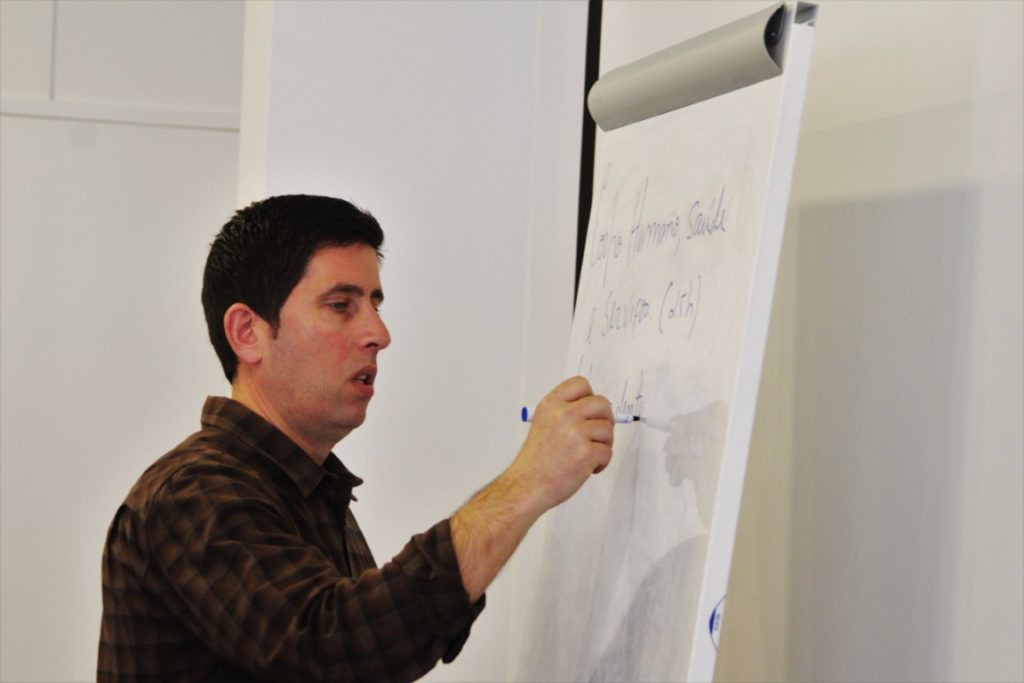
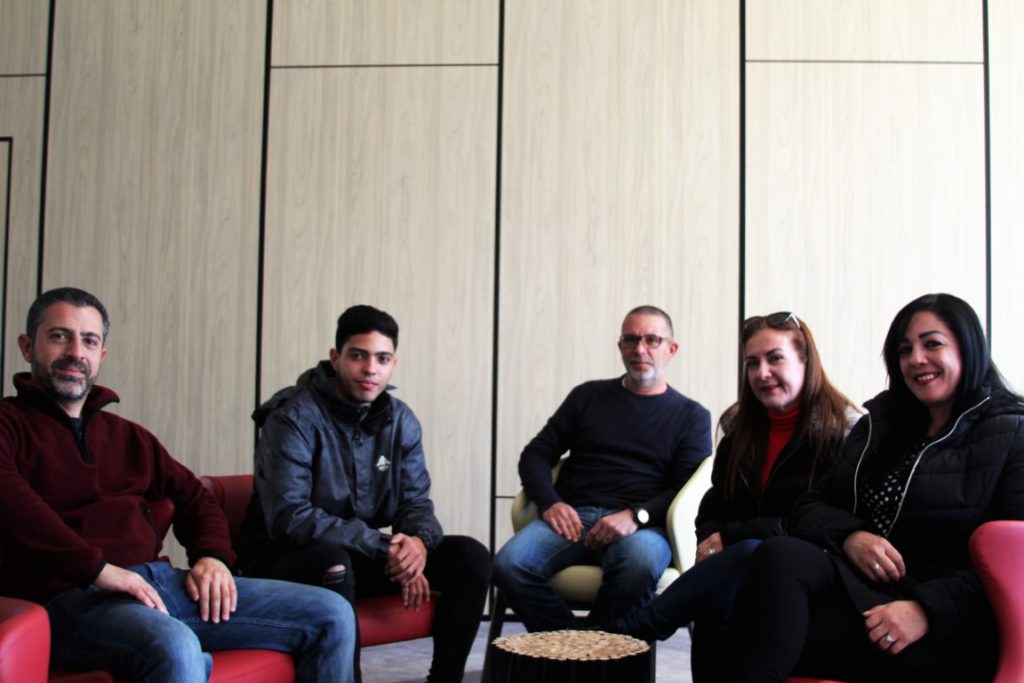
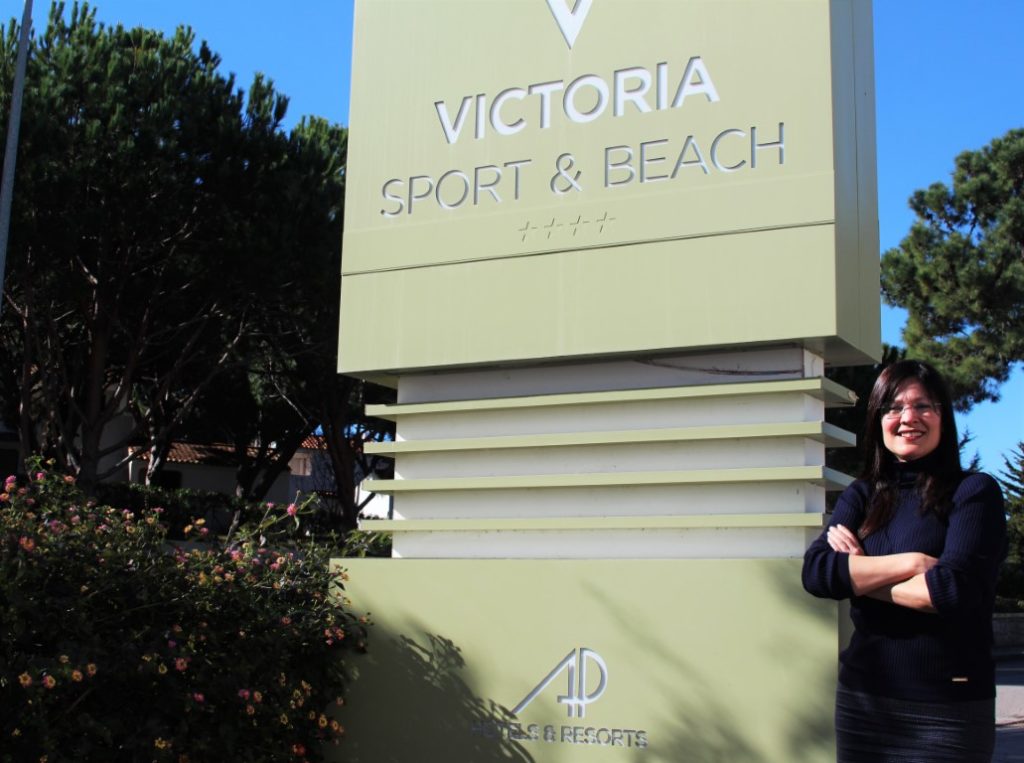
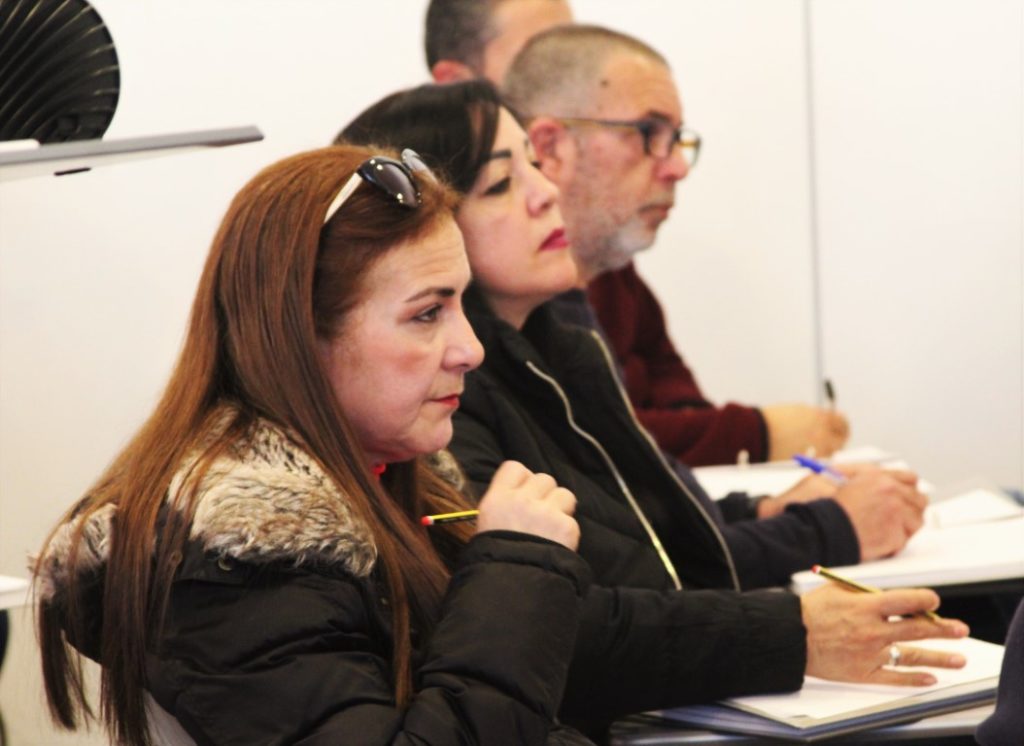


















Comments